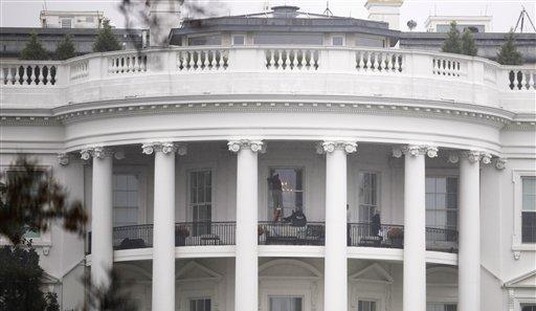After spending over 26 years on death row in Louisiana for a crime he did not commit, a district judge overturned Jimmie Christian Duncan’s conviction. But he might not be able to get compensation from the government for his wrongful conviction now that state lawmakers are pushing a measure that would make this difficult.
Judge Alvin Sharp ruled that Duncan proved his “factual innocence” after newly uncovered evidence showed he did not commit the crime. Dr. Steven Haynes and Michael West had fabricated a “bite mark analysis” that the prosecution used to convince a jury of Duncan’s guilt. The two professionals were later implicated in several wrongful convictions, according to Bolt.
Duncan’s exoneration was the first to use Louisiana’s 2021 factual innocence statute, which allows the wrongfully convicted to introduce new exculpatory evidence instead of focusing only on violations of constitutional rights to reverse someone’s conviction.
The inmate has not yet been freed. The Ouachita Parish district attorney could appeal or seek a retrial, but it is not clear whether he intends to do so.
Gov. Jeff Landry moved to speed up executions and restrict post-conviction relief after the statute was made law. He slammed the measure as a “woke, hug-a-thug policy” and declared, “once a verdict has been finalized, there are no more ‘get out of jail free’ cards.”
Recommended
Capital defense lawyer Bill Quigley told reporters that Landry’s efforts could mean “people are going to be executed who wouldn’t be executed if the system was really working.”
Louisiana state lawmakers are pushing a bill that would repeal a state law allowing financial compensation for residents who are wrongfully convicted and later exonerated.
Supporters claim that repealing the statute would mean local districts would be responsible for compensating the wrongfully convicted instead of the state. Conversely, critics argue this action would make it harder for those who have been wronged by the government to be made whole.
As it stands today, the law allows exonerees to receive up to $40,000 for each year they were wrongly imprisoned. The amount caps at $480,000. Louisiana Attorney General Liz Murril said, “That means taxpayers from Monroe [Parish] are having to pay for wrongful convictions in Orleans [Parish],” according to Fox 8.
State Rep. Debbie Villio, who introduced the measure, said exonerees could just seek relief through federal civil rights lawsuits under Section 1983 of the Civil Rights Act of 1871. This provision empowers citizens to sue government officials such as police officers, prosecutors, jailers, and other state or local government employees when they violate their constitutional rights “under color of law.”
However, opponents point out that federal lawsuits under Section 1983 face significant barriers like qualified immunity and others. Removing the statute would make it nearly impossible for exonerees to obtain relief.
Jee Park, executive director of the Innocence Project New Orleans, said she was “shocked” by the introduction of the proposed legislation and argued that “giving [exonerees] a little bit of something to help them pay for rent, to help them pay for their transportation, for their insurance, goes a long way,” NOLA reported.
Park further explained that most wrongfully convicted people face financial challenges caused by the government. “Most of our clients are on Medicaid and Medicare. They’re on food stamps. They’re barely able to make their ends meet,” she said.


